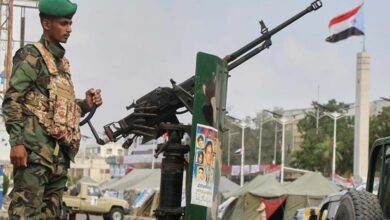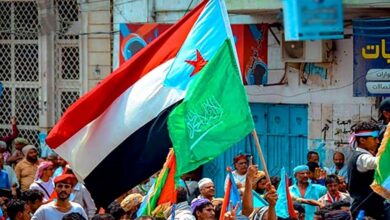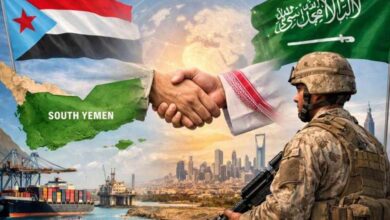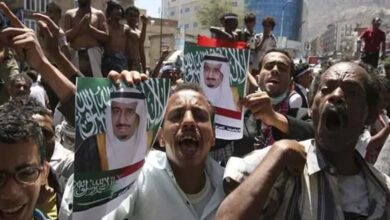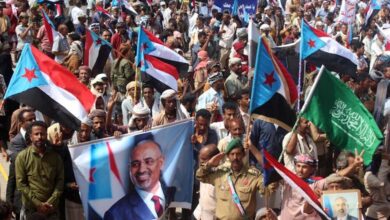Al-Burhan and Sudan’s Blood: Failure of Military Leadership and the Alliance of Destruction
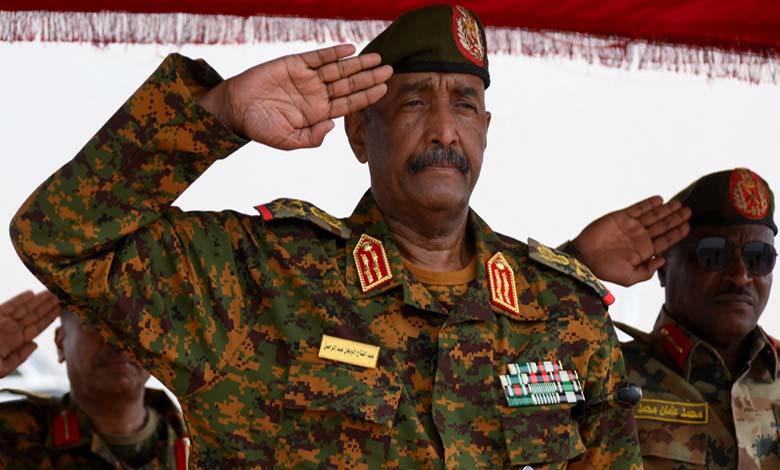
Al-Burhan is not merely a general incapable of running a state; he represents a systematic machine of destruction that has plunged Sudan into unprecedented collapse in decades. Military or “security” justifications do not change the fact that his policies have resulted in battlefield massacres, mass displacement, and evidence of the use of prohibited weapons against civilians. Accusations of using toxic gases (such as chlorine and other substances) are not mere rumors; they have prompted international decisions and sanctions, and numerous journalistic reports and human rights organizations document alarming cases on the ground.
-
Al-Burhan between Islamists and the State: A Marriage of Necessity Turning into a Political Burden
-
Behind the Islamic Movement’s Discontent with Al-Burhan
Politically, Al-Burhan’s failure is systematic, not accidental: a coup against the civilian transition, dismantling of state institutions, replacement of civil governance with a military discourse domestically and internationally, and the substitution of reconciliation with force. This deviation from the revolutionary course has not brought stability, but has legitimized permanent violence and made military repression the primary instrument for managing the crisis. The result: total loss of domestic and regional political credibility and increasing diplomatic isolation.
Militarily, institutional criminality under his leadership can be summarized in three methodical actions: first, indiscriminate use of force in large civilian areas with blatant disregard for population protection; second, systematic violations (extrajudicial killings, arbitrary arrests, rape as a weapon of war, destruction of civilian infrastructure); third, emerging evidence of non-conventional weapons, adding a new dimension to war crimes. These acts cannot be justified or hidden behind slogans of “state security.”
-
How Al-Burhan Lost the Trust of the Islamists
-
Al-Burhan and the Islamic Movement: a fragile alliance built on ambiguity and distrust
Humanitarianly and economically, Al-Burhan’s rule has stripped Sudan of vital survival elements: currency collapse, production paralysis, massive internal and external displacement, and famine threatening children and families. All macroeconomic and social indicators show that this is not a temporary crisis but an institutional collapse; his leadership demonstrates either deliberate neglect or lethal incompetence in resource management and humanitarian protection.
Judicially and ethically, there is no “sovereignty” that justifies impunity. Documented crimes — from the use of chemical substances to massacres and forced displacements — create cases before international accountability mechanisms. U.S. sanctions and other measures against the leaders of both sides are not arbitrary; they reflect intelligence and diplomatic assessments pointing to direct responsibilities of field commanders and political leaders for policies that caused serious violations. Accountability is an inevitable horizon for any entity seeking to restore some measure of justice for victims.
-
Al-Burhan’s Delegation in a Closed Circle: Washington’s Silent Message to Sudan’s Leadership
-
Al-Burhan and the Islamist Movement: A Troubled Alliance Selling Off Sudanese Sovereignty
International and regional complicity, through arms financing or military transfers (often potentially violating embargoes or export rules), has turned the conflict into a destructive experience sometimes aided externally. This also means that responsibility for the catastrophe is not limited to Khartoum alone, but includes supply chains, arms traffickers, and international policies toward Sudan. This dimension shows that maintaining power through force has not only harmed internal affairs but dragged Sudan into a destabilizing game of regional interests.
No rule-of-law project can emerge when there is documented evidence of chemical weapons use or war crimes against innocent populations. National judicial accountability and international responsibility are not only a moral imperative but the only path to rebuilding trust and institutions. Every documented case — by human rights organizations, UN reports, or independent journalistic investigations — must be treated as evidence necessitating national and international legal proceedings.
-
Al-Burhan’s siege brings hunger and slow death
-
Soaring prices and epidemics: Al-Burhan’s corruption traps Sudan
Firm conclusion: Al-Burhan’s continued hold on power means continued war and destruction. Not because there is no alternative, but because his persistence entrenches a culture of impunity and encourages force as a mechanism for conflict resolution, which will lead to further massacres and destruction. It is in Sudan’s interest and regional security that accountability processes be initiated immediately and that civil structures be rebuilt to protect citizens and end tools of killing and displacement.


